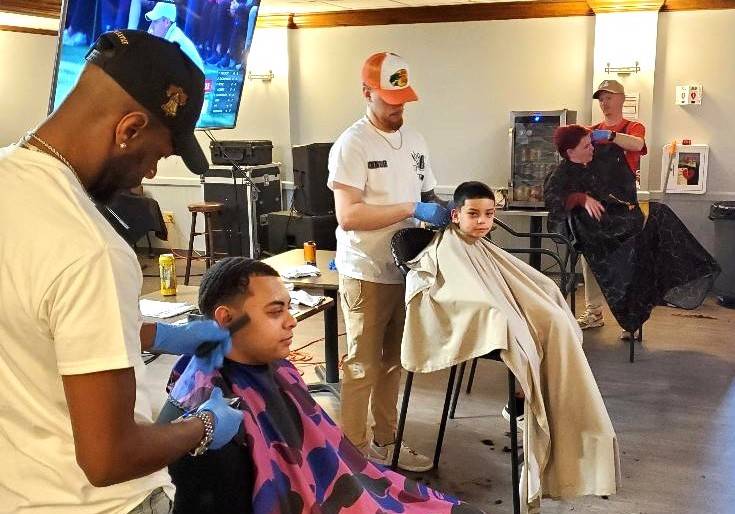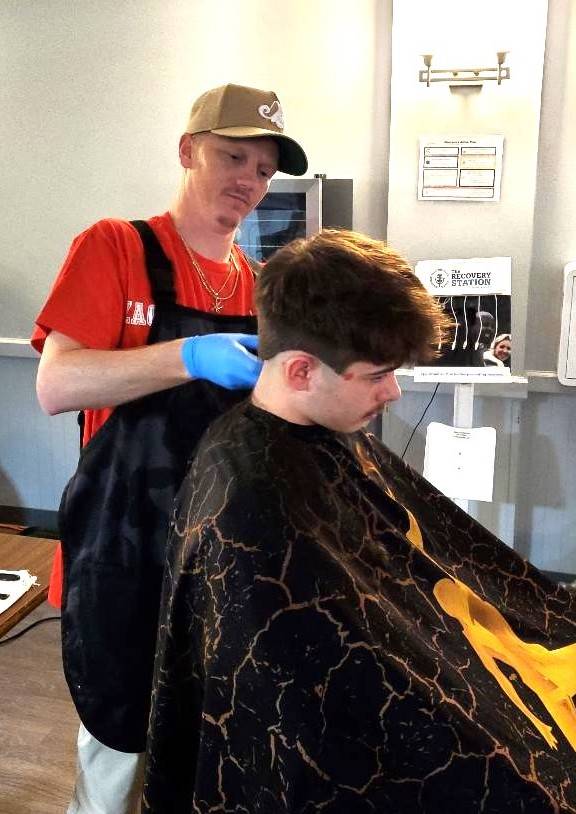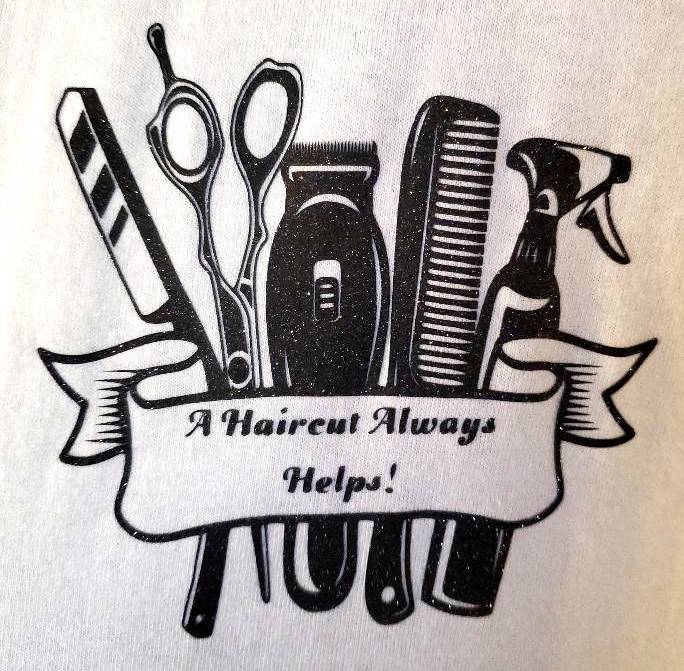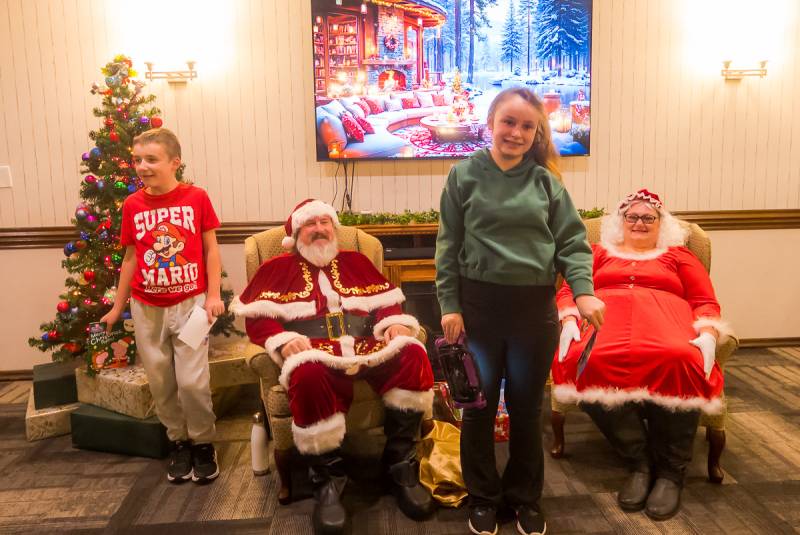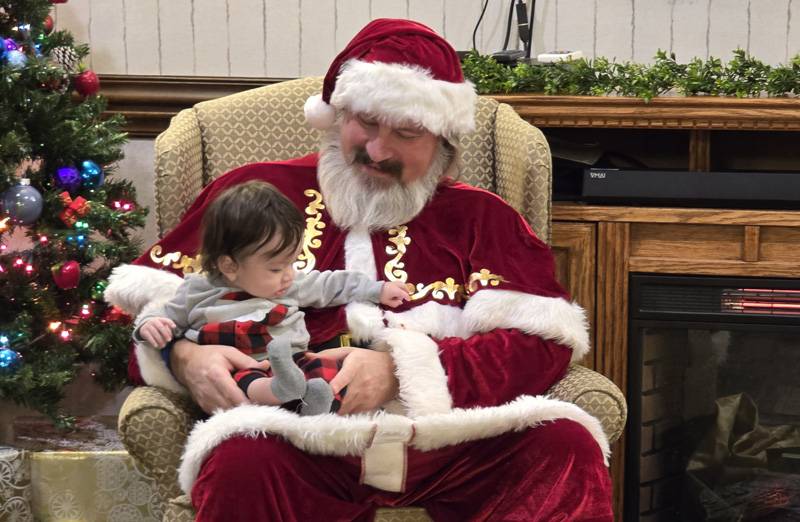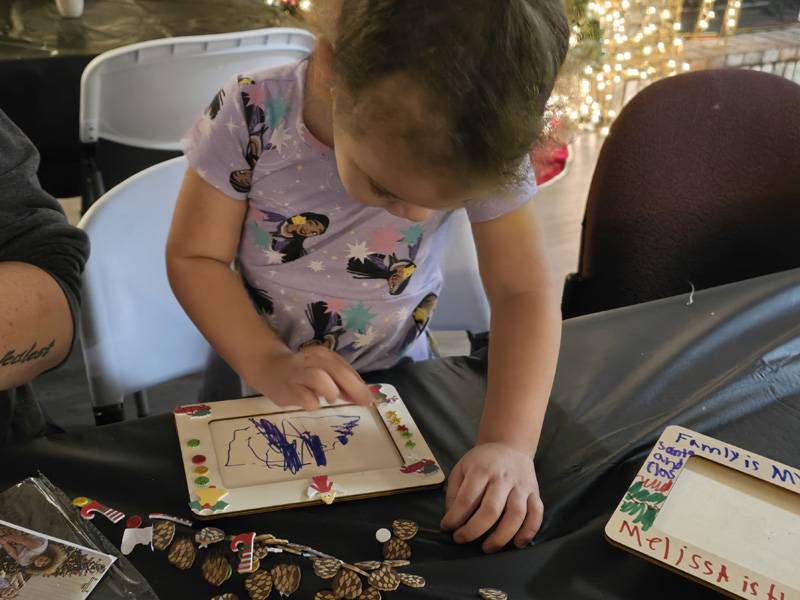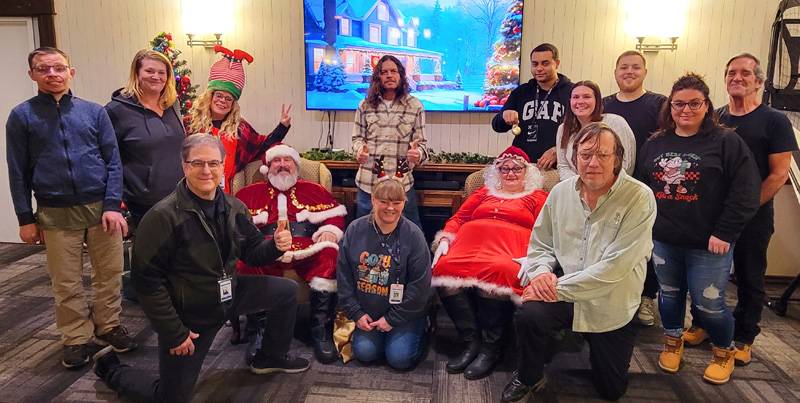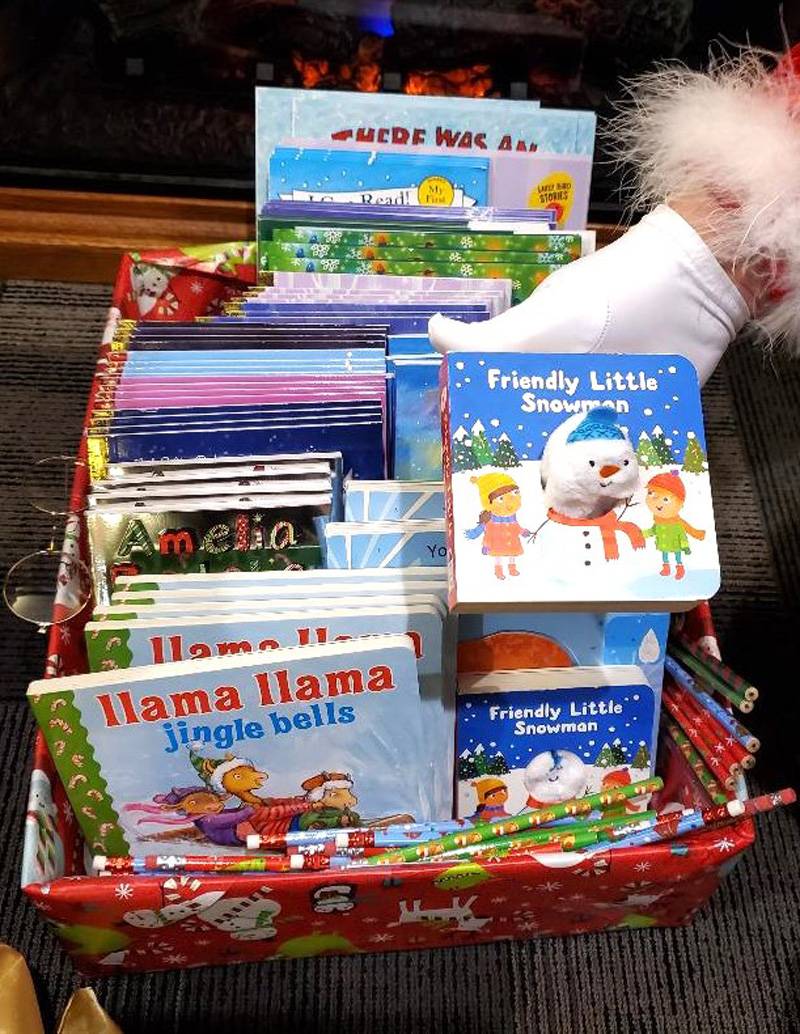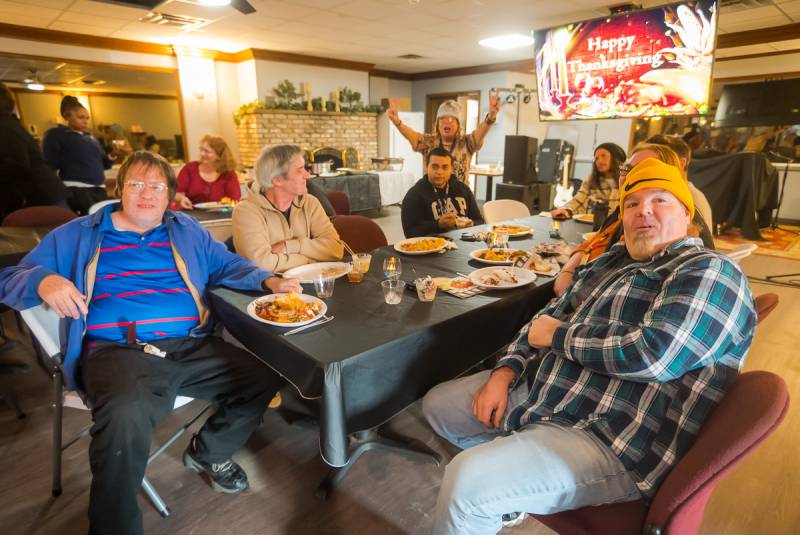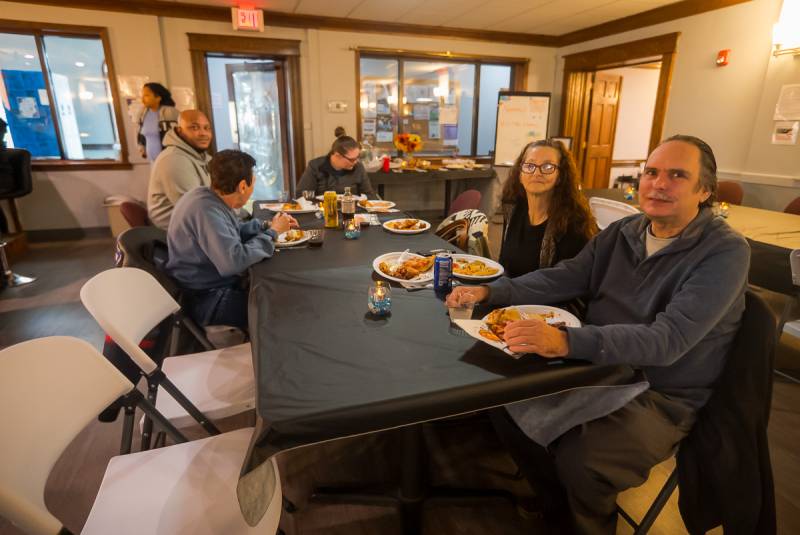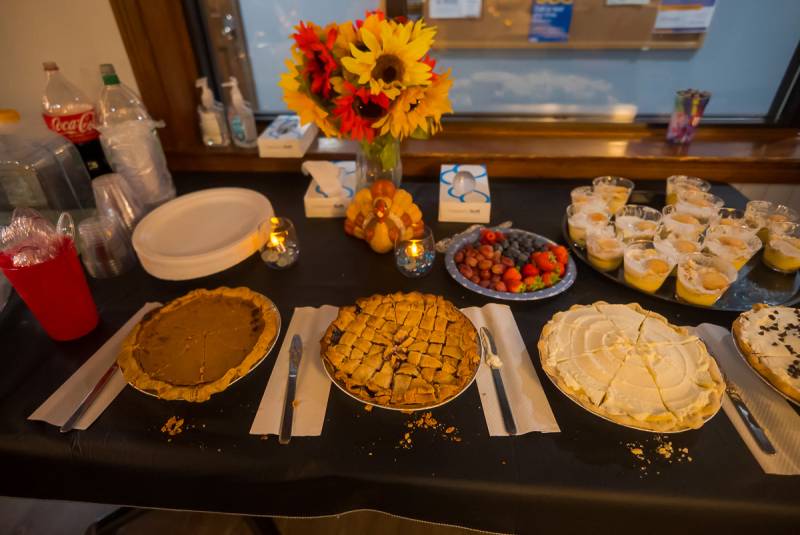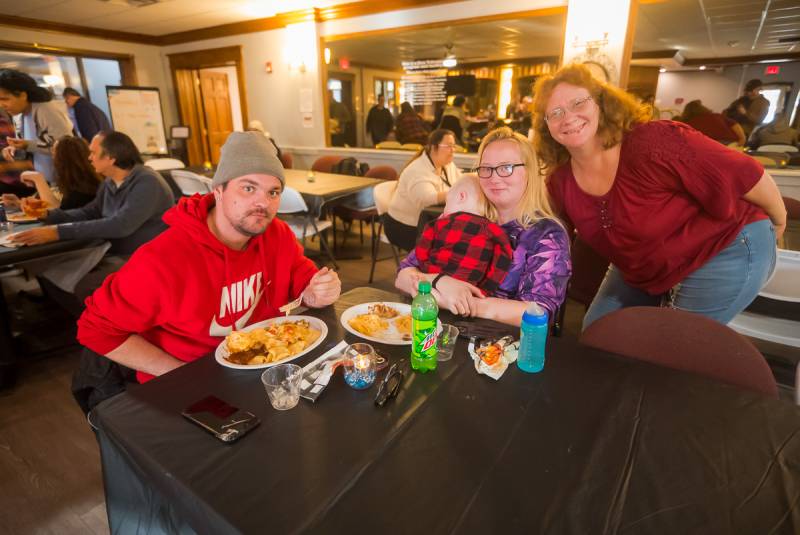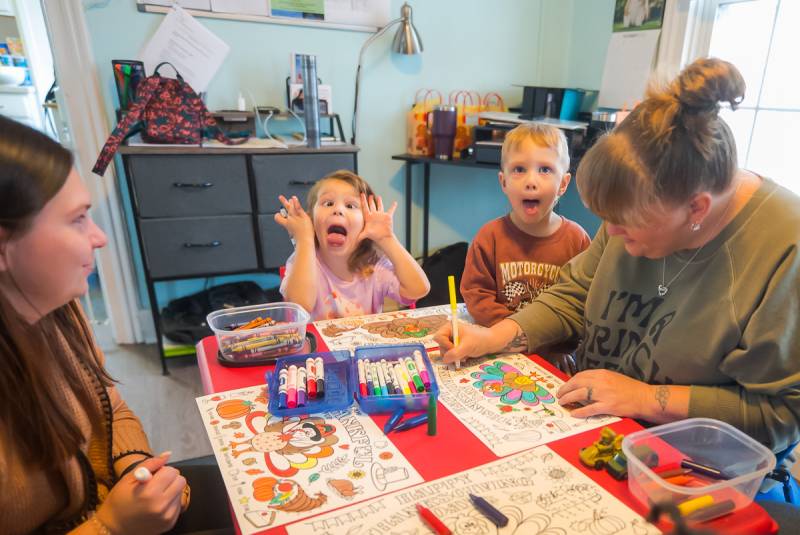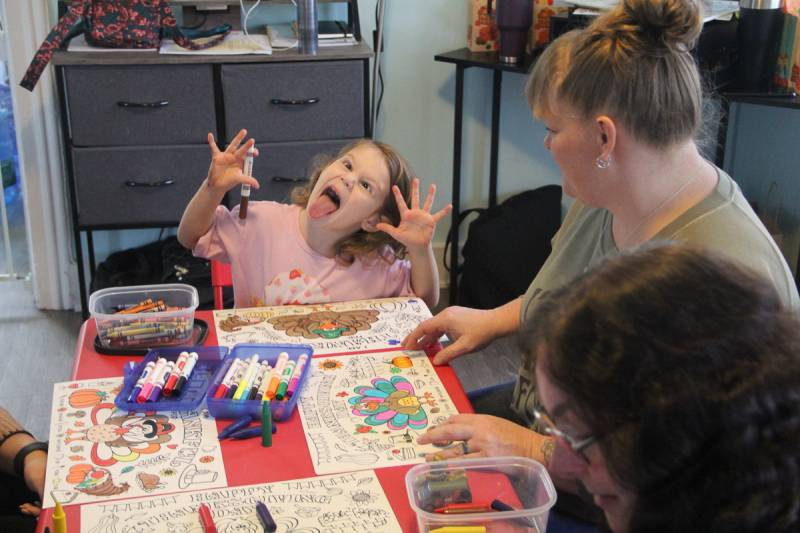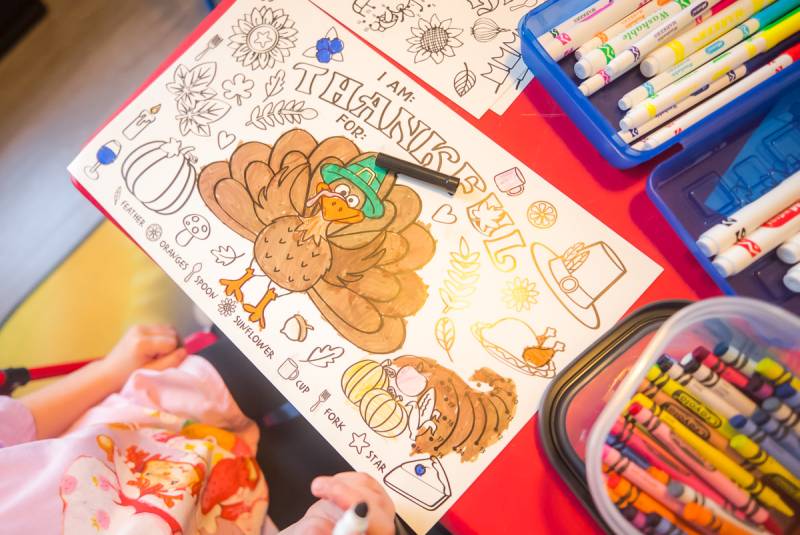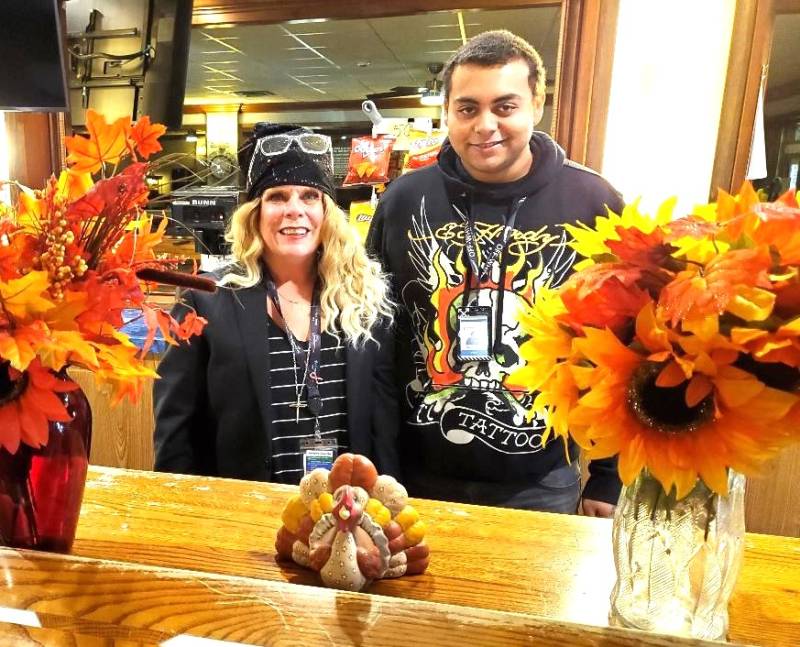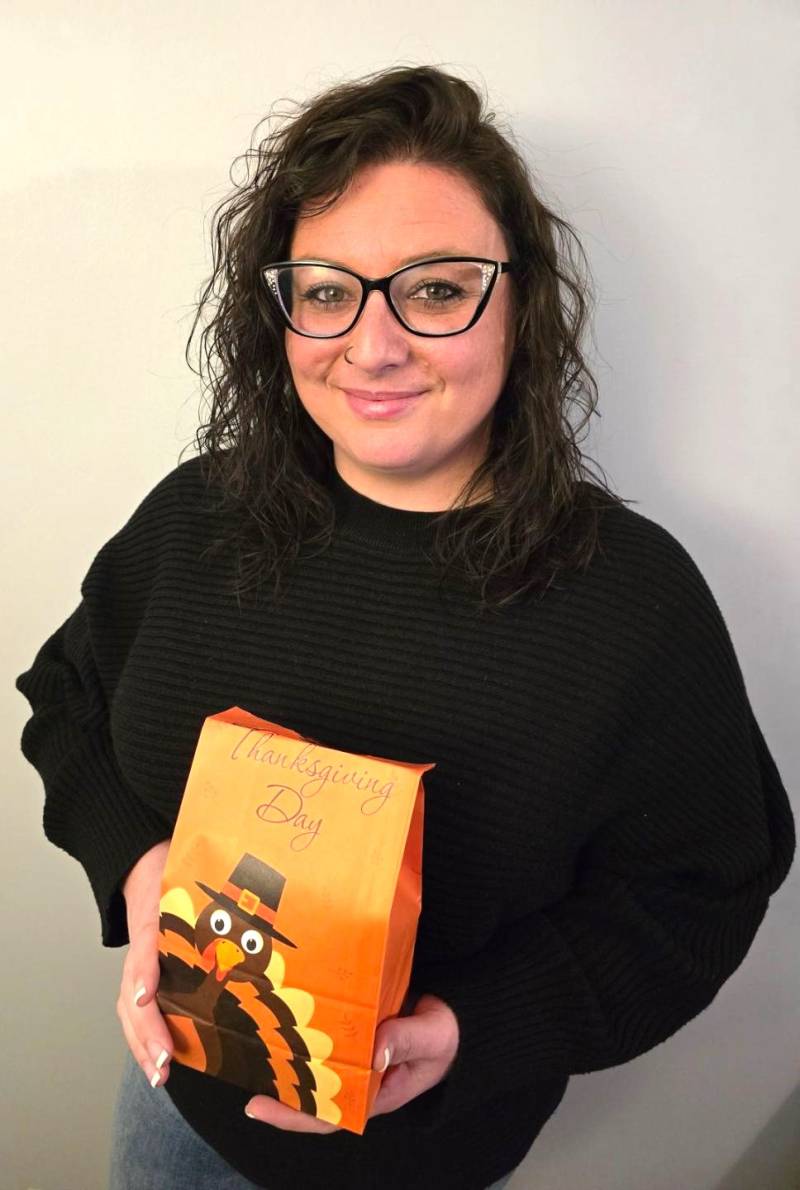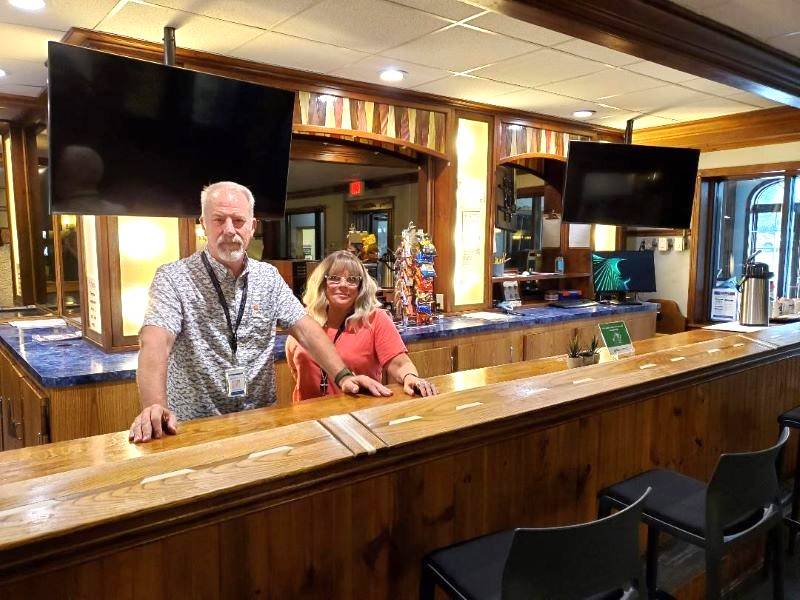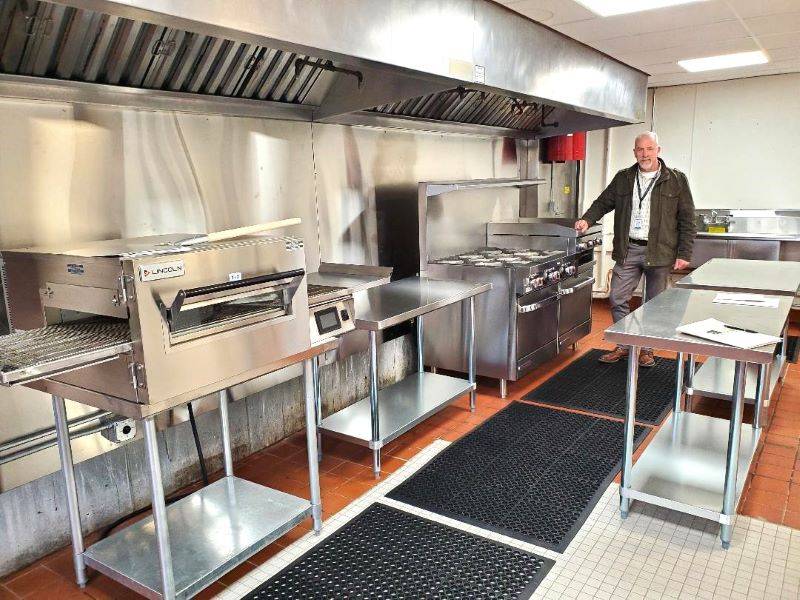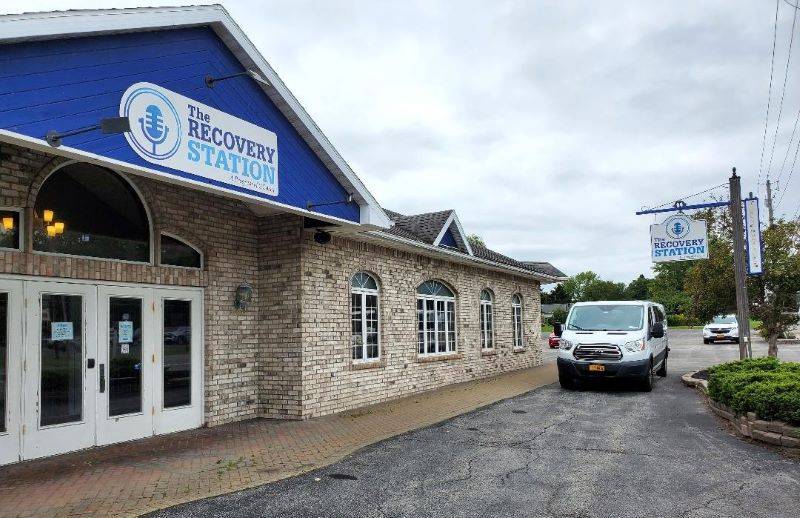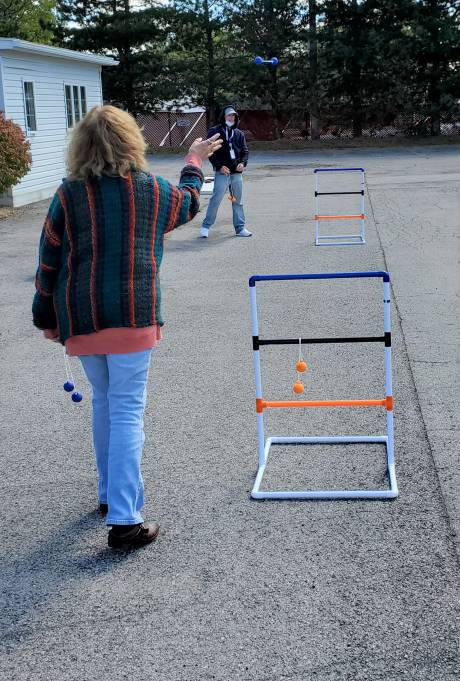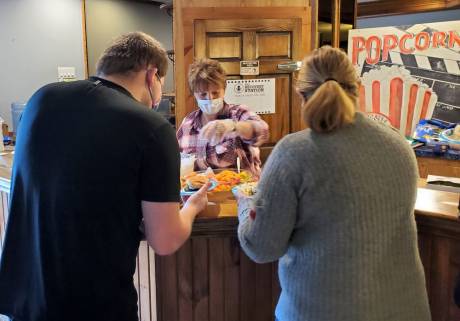As our nation deals with the COVID-19 pandemic by practicing social distancing and other safety measures, counselors and peer recovery advocates at Genesee/Orleans Council on Alcoholism and Substance Abuse have expanded their use of the telephone and internet to support those in recovery.
Understanding that people recovering from substance use can be adversely affected by isolation and boredom, GCASA professionals are taking effective steps to keep in contact with those at risk despite the inability to meet on a face-to-face basis at this time.
“What is most important to know is that GCASA is still here for people – every day of the week, all day and even into the evening,” said Rosalie Mangino-Crandall, director of the recovery programs as well as project innovation and expansion. “We are still finding ways to support people and help them in recovery and doing what they need to do to get better.”
Mangino-Crandall added that just talking to a person or hearing a soothing voice of encouragement can have a profound impact.
“One of the advantages of phone support is that it concentrates that support on the person and what he or she wants to talk about,” she explained. “It really focuses the support on the recovery conversation.”
GCASA’s peer recovery advocates, or peers for short, are people who have lived through recovery (with some of them still in recovery) and have received specialized training to share their experiences with others in need.
According to Amy Kabel, a lead peer at the agency’s Recovery Station on Clinton Street Road, her team continues to connect with their clients on a regular basis.
“While things have changed a lot, what hasn’t changed is that we are checking with people about what they are doing for self-care, and making sure they are reaching out to any support system they may have – to us and their counselors – and making sure they are staying active,” Kabel said.
Kabel said those currently living at Atwater House, GCASA’s residential building on East Main Street, are able to utilize Recovery Station under specific guidelines.
“We allow them to use the facility in small groups, and we are doing social distancing – keeping everyone six feet away from each other,” she said, adding that peers and other staff there are wearing masks as a precaution. “Some come for a couple hours and some come at 10 in the morning and pretty much stay all day until we close at 8 p.m.”
Recovery Station is open from 10 a.m. to 8 p.m. Monday through Friday but, until state-mandated restrictions are lifted, it is available only for Atwater residents.
Peers are working from home, with extended hours, and reaching out by telephone to their clients, Kabel said.
“We are making calls and we’re getting calls on the peer support line – 585-815-1800. Since OASAS (NYS Office of Addiction Services and Supports) has changed some of the rules, we can bill for telehealth, so we’re able to keep everybody involved.”
She said that a couple of her colleagues, Nick Volpe and Sheila Smith, have been picking up food at various food pantries for clients.
“They’re making calls and making sure everybody has enough food. And if clients don’t have vehicles, we can make deliveries, and drop it off at their doors.”
Sue Gagne, GCASA’s recovery center coordinator, said the Recovery WOW support group has launched new ventures designed to perpetuate its “together we are stronger” philosophy.
“We are starting up a Guided Journaling workshop on Tuesday afternoons at 3:30 and we have partnered with NAMI Rochester (a mental health organization) to provide a family support group on Friday mornings at 10,” Gagne said. “We’re doing this through Zoom meetings … and hopefully will be working with the peers to put some videos up.”
Thus far, all three women agreed that the modifications are working well.
“All of the (seven) peers have full workloads as we interact with dozens of people in various stages of recovery,” Kabel said, noting that peers are on call 24 hours a day, seven days a week.
Mangino-Crandall said that navigating around the coronavirus has been tough, but it’s not insurmountable.
“I think it’s a challenging time for everyone. Certainly, everybody out there is trying to deal with it in their own way and it is difficult kind of being on your own, so it’s good for folks to know and get the word out that we’re available to talk,” she said.
She also pointed out a silver lining in the midst of these unprecedented times.
“With all of us in the same situation, there are a lot of remote opportunities to connect with people, not only locally but across the state and the country, that you might not have had normally,” she said. “That’s an advantage in that it opens the recovery community up much more broadly than you would typically find.”
Disclosure: Story by Mike Pettinella, GCASA publicist
